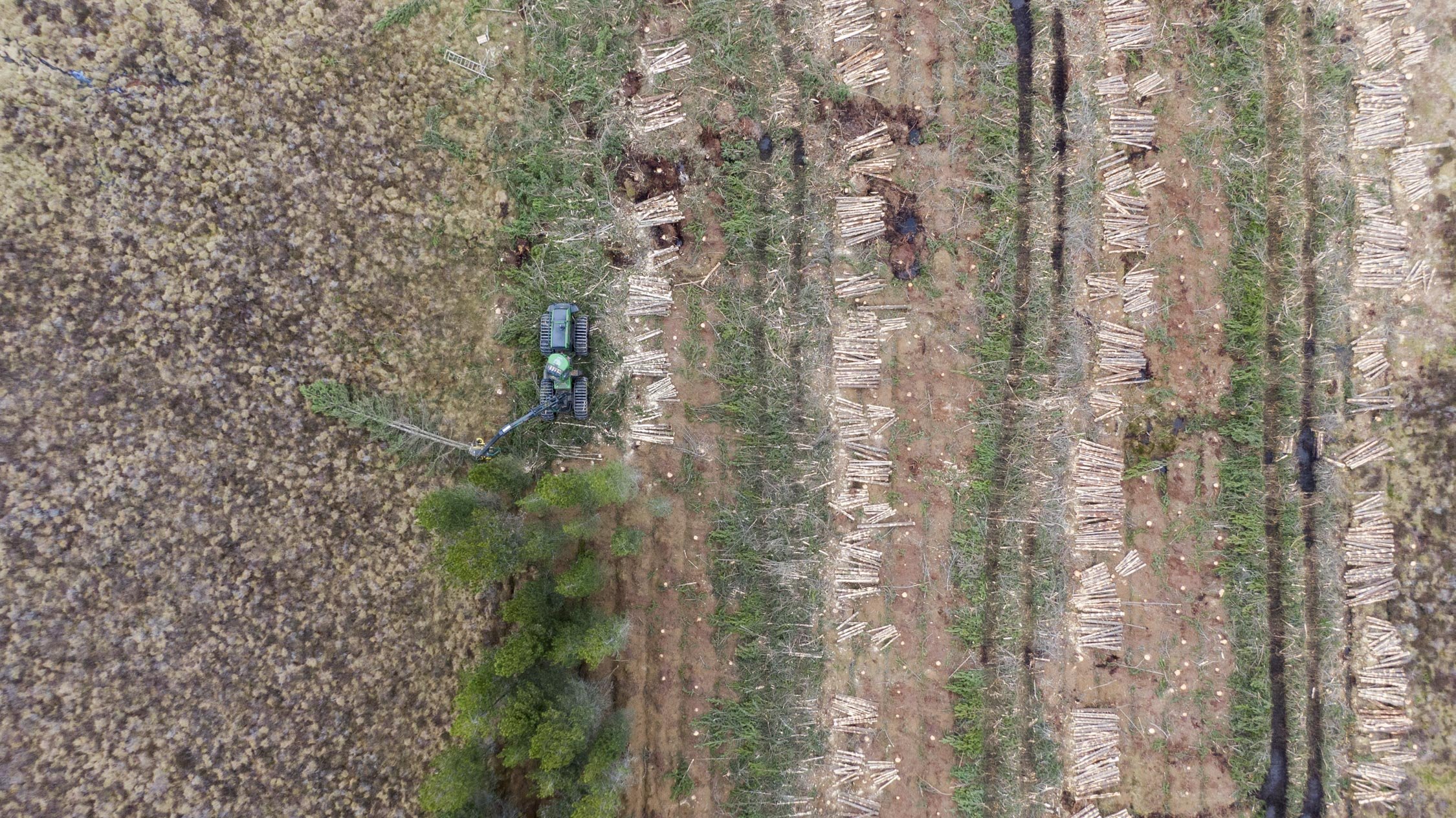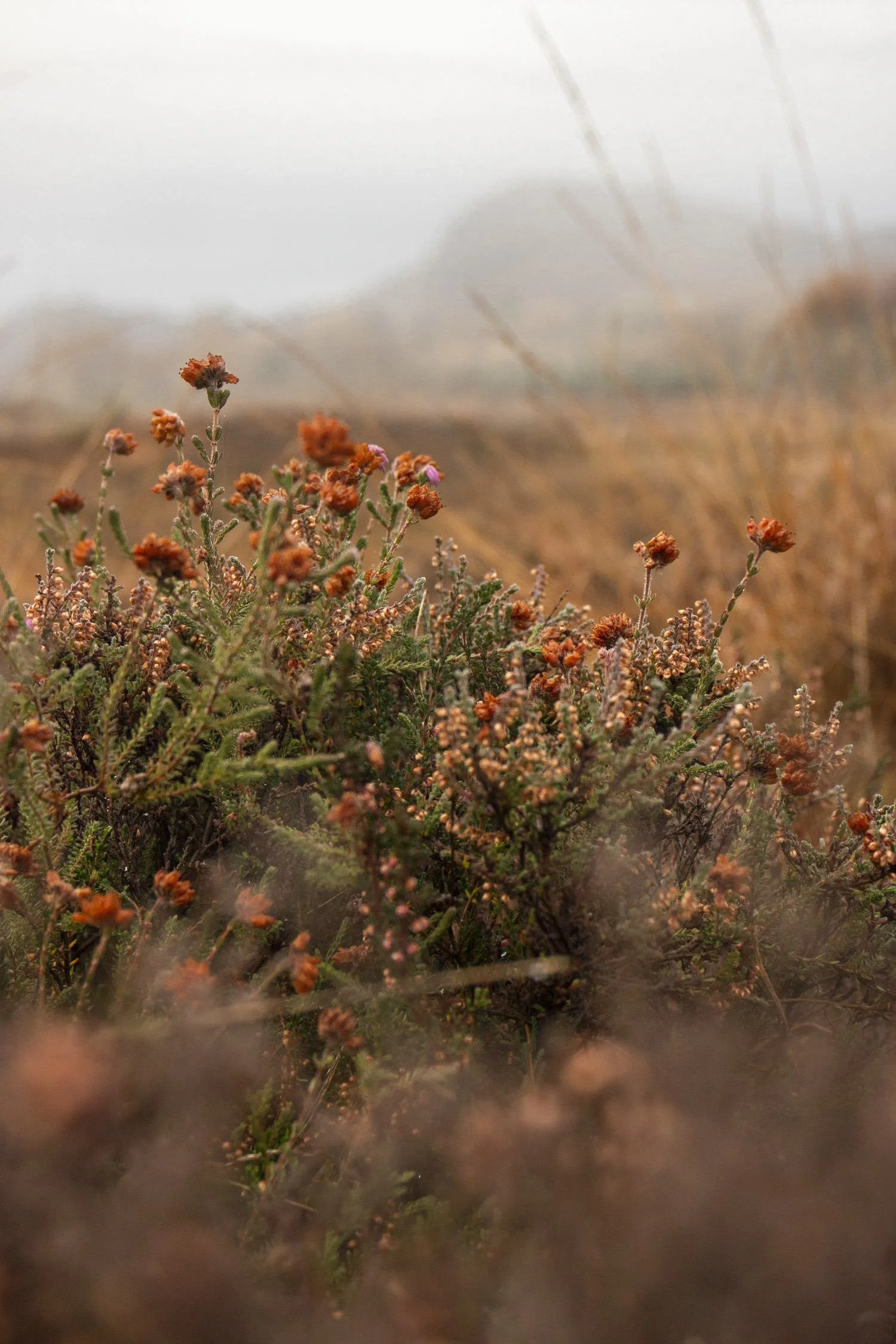A message from the board: Four big wins for Scotland’s rural economy
Four big wins for Scotland’s rural economy as Highlands Rewilding sells sufficient assets to repay National Wealth Fund loan.
Where have all the oysters gone?
Highlands Rewilding have uncovered an alarming decline in native oyster numbers within the Loch Sween Marine Protected Area (MPA). Marine biologist and oyster expert Dr David Smyth expected to find 100,000 or more native oysters in his shoreline surveys, instead he found fewer than 50. Unregulated gathering is the most likely cause for this dramatic decline.
The road ahead: Our vision for May 2025
A company update from the Highlands Rewilding Board.
Too few oysters, too many deer. Highlands Rewilding’s Fourth Natural Capital Report
Highlands Rewilding's fourth annual natural capital report details a wide array of monitoring techniques deployed across three highly surveyed open air laboratories. The unique depth and breadth of this data collection and analysis make a significant contribution to understanding patterns of biodiversity and the embryonic natural capital market in Scotland.
The Importance of Stakeholder Engagement in Forestry
Effective stakeholder engagement is a vital component in the forestry sector, ensuring that decisions and actions taken by forest managers align with the needs and concerns of local communities, interest groups, and other key parties. By involving these groups early in the planning and decision-making process, potential conflicts can be mitigated, and shared goals identified, leading to more successful and sustainable outcomes.
Community Land Scotland correction and joint statement
A joint statement by Highlands Rewilding and Community Land Scotland.
Highlands Rewilding Board member appointed co-Chair of the Scottish Forum on Natural Capital
Dr Hannah Rudman, Highlands Rewilding’s Business Development Director has been appointed co-Chair of the Scottish Forum on Natural Capital. In this short blog, we take a look at what the Forum is and the new co-Chairs’ exciting vision for it’s future.
Wolf Trees of Scotland
As Halloween gets closer, it’s easy to see why the old wolf trees of Scotland fit right in with the season. These ancient, twisted trees have stood the test of time, often outlasting the forests around them. With their gnarled branches and hollow trunks, they seem made for tales of haunted woods and old legends. Wolf trees are more than just a bit of local history—they remind us of the wildness that once covered Scotland and still capture the eerie feel that makes Halloween special.
Starting Strong - Getting Ground Preparation Right
Ground preparation is a critical step in any successful forestry operation in Scotland. It establishes the foundation for healthy tree establishment and long-term woodland productivity. Whether you are planting a small native woodland or undertaking a large-scale commercial forestry project, proper ground preparation is essential. Understanding site specifics and the reasons for ground preparation can prevent costly problems down the line and ensure your trees have the best conditions to thrive.
Highlands Rewilding and the roadmap from silver to gold standard in community-centred nature recovery
A discussion paper for the Scottish Land Commission and Scottish Government, followed by correspondence between Alistair McIntosh and Jeremy Leggett, published in full and shared with permission from Dr McIntosh.
Rowan Berries: A Key Resource for Wildlife
Rowan berries are a crucial resource for wildlife on the Highlands Rewilding Estates, supporting a range of species during autumn and winter. Their contribution to biodiversity and ecosystem health is a key aspect of rewilding efforts in the region. Rowan trees and their berries are vital to the ecological balance and long-term resilience of rewilding landscapes and the rich red colour are a joy to see as the autumn months approach.
A Highlands Rewilding update on progress
A short update on Highlands Rewilding progress. Updated on October 9th
Community Joint Ventures - progress report
This report provides an update on our FIRNS Community Joint Ventures project to develop collaborative enterprises with the local communities living adjacent to the lands that Highlands Rewilding manage. We’ll update you on the work so far, tell you about the selected ventures (see below) and what’s to come over the next few months.
Nature and Community In Perpetuity: The NCIP model
NCIP is a model through which Highlands Rewilding offers plots of land for sale to buyers who can guarantee the restoration of nature and the growth of community prosperity, in perpetuity. The buyers are able to guarantee this through the formation of a charitable trust, which pledges to do so through commitment to upholding the trust’s articles and purpose.
The changing woodlands of Beldorney Estate
This spring we replanted an area of forest at Beldorney, which was previously a conifer plantation, with a mix of native tree species. The area sits above a strip of Ancient woodland that runs along the River Deveron. Our hope is that the newly planted trees will serve to extend that valuable and biodiverse habitat.
A Milestone for Community Joint Ventures!
From horticulture to heritage, we are delighted to have selected four community joint ventures (CJVs), that will be developed into robust investment-ready business models in the next phase of the FIRNS funded project: ‘Joint Ventures for Scalable Community Benefits from Rewilding’.
Legal Consultancy Invitation to Tender
HRL would like to invite all interested consultancies, practices and qualified freelancers to submit their proposals for the Legal Consultancy tender under the FIRNS funding for the delivery of “Joint Ventures for Scalable Community Benefits from Rewilding”.
Forestry works for peatland restoration at Bunloit Estate
As part of our aim to improve biodiversity and carbon storage on Bunloit Estate we are planning a project which involves forestry works and peatland restoration. This blog shares details of the work going on at Bills plantation, also known as Woodend, an area of approximately 33.3 hectares that was planted in 1989. It is one of three parts of a larger overall forest-to-bog restoration project. It also links to plans on the Highland Council planning website, for comment until Thursday 1st August.
Above the waves
An introduction to the impressive intertidal and marine habitats at Tayvallich, how Highlands Rewilding are exploring, mapping and baselining them, and how saltmarsh, seagrass meadows and native oyster beds can act as climate change indicators.




















